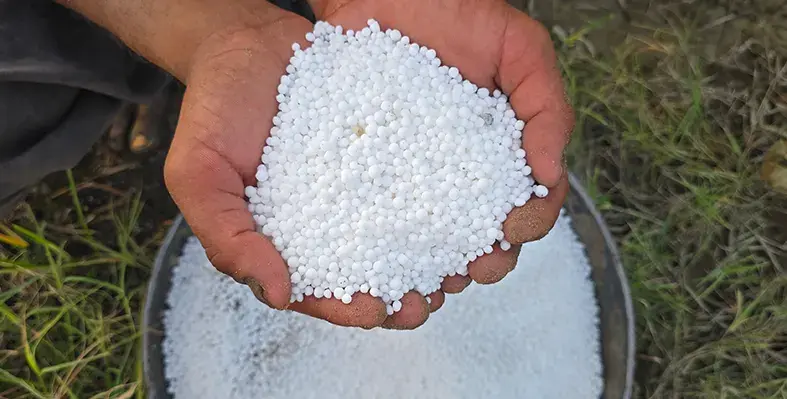Singapore-based Indorama Group, through its Senegalese subsidiary Industries Chimiques du Sénégal (ICS), has announced a significant US$210mn investment aimed at expanding and modernising its fertilizer production facilities in Senegal
This investment, outlined in a memorandum of understanding with Senegal’s Investment and Major Projects Promotion Agency (APIX), was unveiled at the Senegal Investment Forum and will be executed between 2025 and 2028.
The main focus of the programme is to strengthen Senegal’s role in the agricultural input sector by enhancing its phosphate and fertilizer production capabilities. Senegal has a growing agricultural market, and this investment aims to address key gaps in fertilizer supply, benefiting local farmers and boosting agricultural output across the region.
ICS plans to upgrade its facilities, particularly at the Mbao fertilizer plant, where it will increase production of NPK (nitrogen, phosphorus, and potassium) and DAP (diammonium phosphate) fertilizers from 250,000 to 400,000 tons annually. The company will also build a new Single Super Phosphate (SSP) unit, which will have an annual capacity of 350,000 tons. Additionally, ICS is set to ramp up phosphoric acid production at its Darou plant to 660,000 tons per year, supported by a new sulfuric acid plant capable of producing 700 tons per day. These improvements are expected to significantly boost ICS’s presence in Senegal’s fertilizer market.
Currently, Senegal relies heavily on imported fertilizers, bringing in an average of 126,484 tons annually, valued at $97.4 million between 2020 and 2024. Fertilizer use in the country is still limited, with application rates standing at just 8.5 kg per hectare in 2022. This is far below the sub-Saharan African average of 18.5 kg and the African Union’s target of 50 kg per hectare set at the 2006 Abuja Fertilizer Summit. NPK fertilizers dominate the local market, comprising 50% of usage, followed by urea (30%), DAP (7%), and potassium muriate (3%).
This investment in local fertilizer production aligns with the 2024 Nairobi Declaration, which urges African nations to triple their fertilizer production by 2034. By boosting domestic manufacturing, the initiative aims to reduce Senegal’s dependency on imports, make fertilizers more accessible to smallholder farmers, and enhance agricultural productivity.




